-
- Regular price
- From Rs. 690
- Regular price
-
Rs. 0 - Sale price
- From Rs. 690
- Unit price
- per
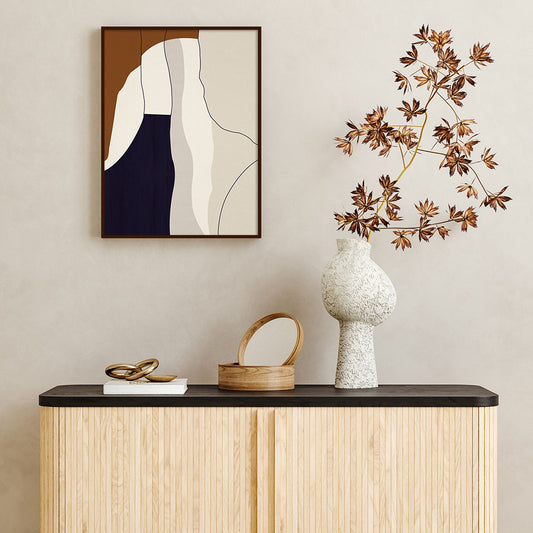
-
- Regular price
- Rs. 14,700
- Regular price
-
Rs. 0 - Sale price
- Rs. 14,700
- Unit price
- per
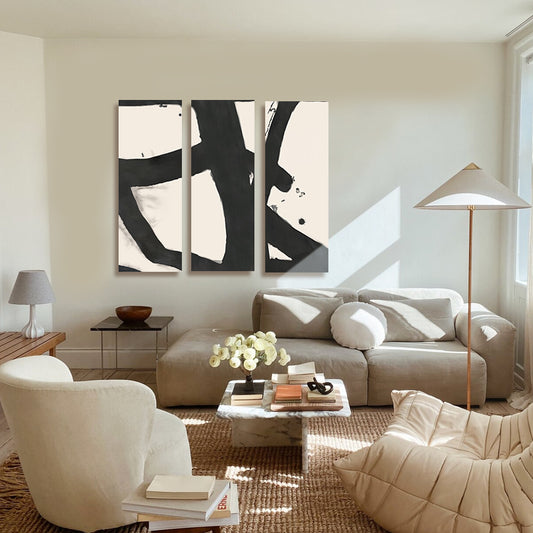
-
- Regular price
- From Rs. 690
- Regular price
-
Rs. 0 - Sale price
- From Rs. 690
- Unit price
- per

-
- Regular price
- From Rs. 690
- Regular price
-
Rs. 0 - Sale price
- From Rs. 690
- Unit price
- per

-
- Regular price
- From Rs. 690
- Regular price
-
Rs. 0 - Sale price
- From Rs. 690
- Unit price
- per

-
- Regular price
- From Rs. 1,380
- Regular price
-
Rs. 0 - Sale price
- From Rs. 1,380
- Unit price
- per
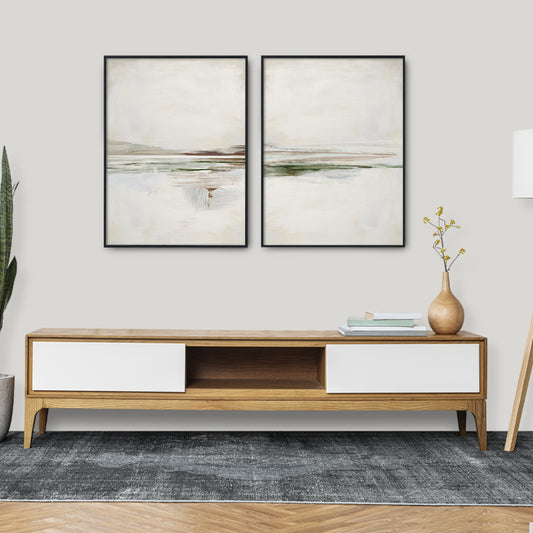
-
- Regular price
- From Rs. 690
- Regular price
-
Rs. 0 - Sale price
- From Rs. 690
- Unit price
- per
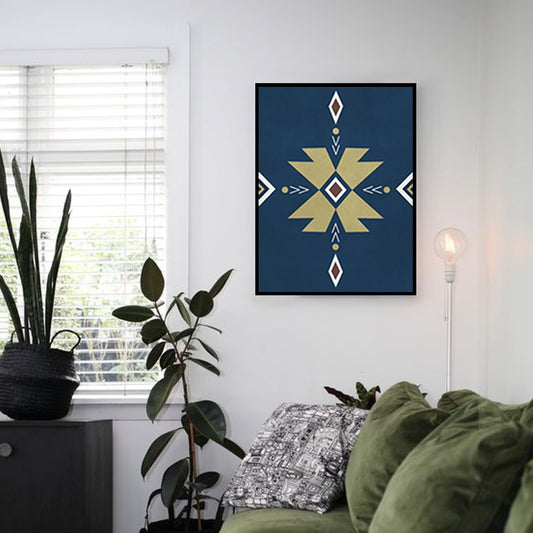
-
- Regular price
- From Rs. 690
- Regular price
-
Rs. 0 - Sale price
- From Rs. 690
- Unit price
- per
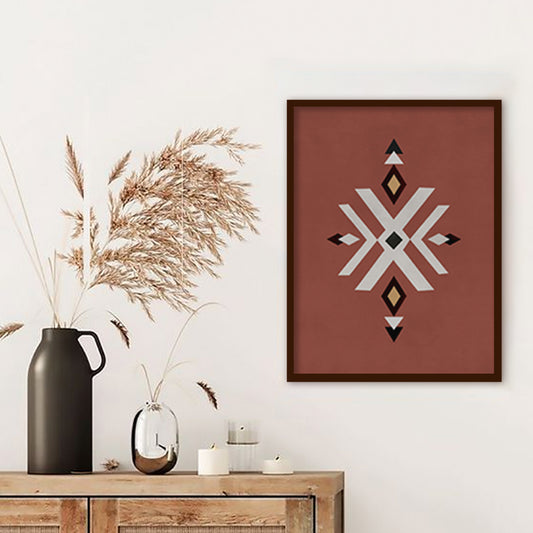
-
- Regular price
- From Rs. 690
- Regular price
-
Rs. 0 - Sale price
- From Rs. 690
- Unit price
- per

-
- Regular price
- From Rs. 690
- Regular price
-
Rs. 0 - Sale price
- From Rs. 690
- Unit price
- per

-
- Regular price
- From Rs. 690
- Regular price
-
Rs. 0 - Sale price
- From Rs. 690
- Unit price
- per

-
- Regular price
- From Rs. 690
- Regular price
-
Rs. 0 - Sale price
- From Rs. 690
- Unit price
- per
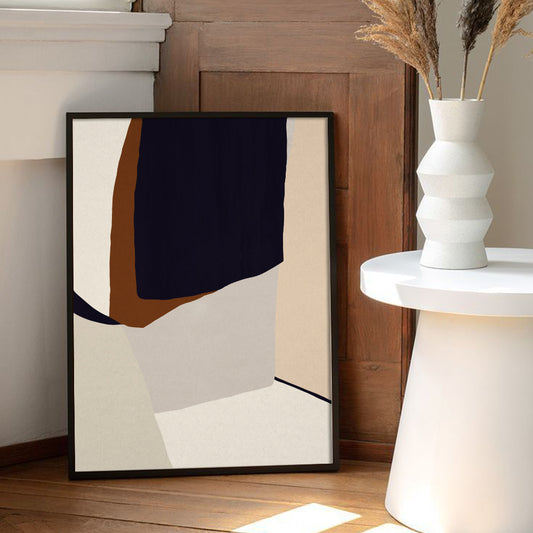
-
- Regular price
- From Rs. 690
- Regular price
-
Rs. 0 - Sale price
- From Rs. 690
- Unit price
- per
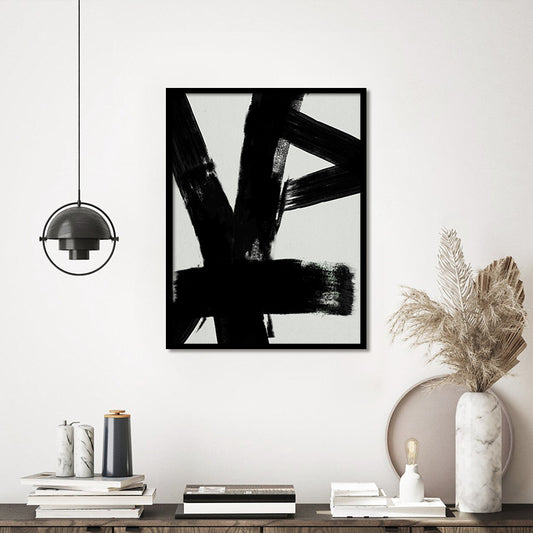
-
- Regular price
- From Rs. 690
- Regular price
-
Rs. 0 - Sale price
- From Rs. 690
- Unit price
- per
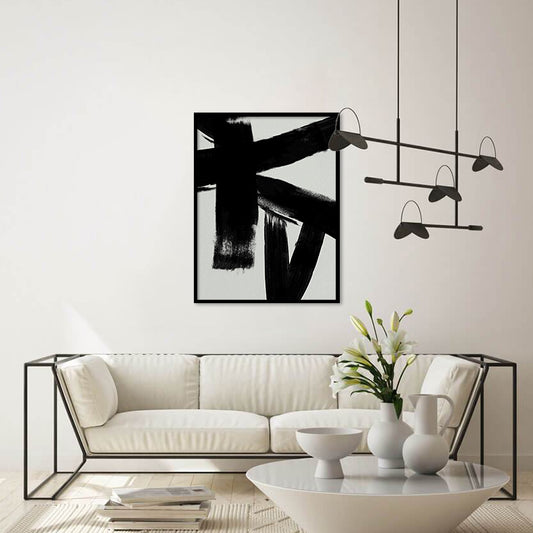
-
- Regular price
- From Rs. 690
- Regular price
-
Rs. 0 - Sale price
- From Rs. 690
- Unit price
- per
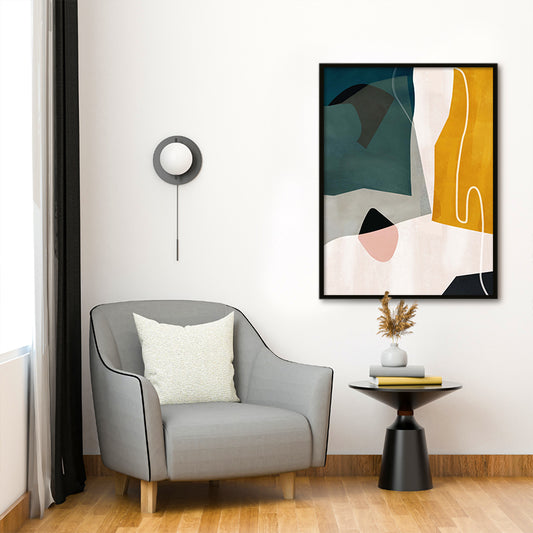
-
- Regular price
- From Rs. 690
- Regular price
-
Rs. 0 - Sale price
- From Rs. 690
- Unit price
- per
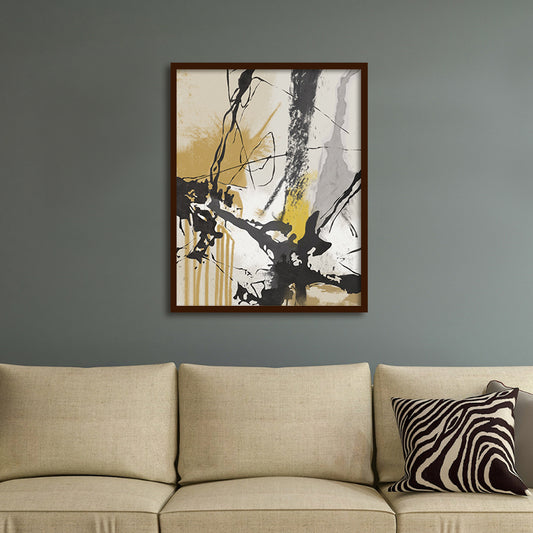
Featured collection
Frequently Asked Questions
Introduction
Abstract painting is a genre that breaks away from traditional representations and realistic depictions. It focuses on expressing ideas, emotions, and concepts through color, form, texture, and lines rather than depicting recognizable objects or scenes. The beauty of abstract art lies in its ambiguity and openness to interpretation, allowing each viewer to derive a unique meaning and emotional response.
Although abstract art can be traced back to the late 19th century, it truly emerged as a distinct genre in the early 20th century with the works of pioneers like Wassily Kandinsky, Piet Mondrian, and Kazimir Malevich. Today, abstract paintings are celebrated for their versatility, expressiveness, and ability to complement any interior style.
At Studio Artemist, we offer a diverse collection of abstract art prints and paintings, ranging from minimalistic monochromes to bold, vibrant compositions. Available on canvas and paper, our prints are framed with premium materials, making them a striking addition to any space.
Things to Know About Abstract Painting
Abstract paintings are non-representational and do not follow any specific theme or narrative. Instead, they play with color, form, texture, and lines to create visual harmony, emotional depth, and conceptual intrigue. Here are some key elements that make abstract art truly captivating:
- Color: Colors in abstract paintings set the tone and mood of the artwork. They can evoke emotions ranging from joy and passion to calmness and introspection. The use of bold, vibrant colors brings energy and dynamism, while soft, muted hues create a tranquil, reflective atmosphere.
- Form: Form refers to the physical structure or shape within the painting. Abstract art employs both geometric forms (circles, squares, triangles) and organic forms (fluid, irregular shapes) to create depth and movement.
- Texture: Texture adds a tactile dimension to abstract paintings, enhancing their visual appeal. Textures can be created using brushwork, impasto, collage, or mixed-media techniques, making the artwork more dynamic and engaging.
- Lines: Lines in abstract art convey movement, rhythm, and balance. They can be bold, dynamic, or subtle, influencing the flow and direction of the viewer’s gaze.
Studio Artemist provides a wide array of abstract art prints that play with these elements to create visually stunning and emotionally evocative artworks.
Popular Styles of Abstract Painting
- Color Field Painting – This style focuses on large areas of solid color to create a sense of depth and emotion. It is characterized by subtle tonal variations and layering.
- Abstract Expressionism – Known for bold brushstrokes, dynamic lines, and energetic compositions, this style emphasizes spontaneity and emotional intensity.
- Geometric Abstraction – Utilizes geometric shapes, lines, and patterns to create structured, harmonious compositions with a modern, minimalist appeal.
- Minimalism – Emphasizes simplicity with monochromatic palettes, clean lines, and repetitive patterns, focusing on the beauty of form and space.
- Lyric Abstraction – Combines fluid lines, organic shapes, and harmonious color schemes to create a poetic, expressive feel.
- Mixed Media and Textured Abstracts – Incorporates collage, layering, and textured surfaces for a multi-dimensional, tactile experience.
Studio Artemist features a curated selection of these styles, available as framed prints on canvas or paper, suitable for any interior decor.
Uses of Abstract Painting
- Living Rooms and Bedrooms – Abstract art makes a bold statement as a focal point in living rooms or adds a serene, harmonious touch to bedrooms.
- Office Spaces – Choose vibrant, energetic abstracts to stimulate creativity in workspaces or soothing, minimalist pieces for private offices.
- Dining Areas and Kitchens – Use abstract art to add a splash of color or modern elegance to dining spaces.
- Meditation and Relaxation Rooms – Soft, fluid abstracts in muted tones create a calm, reflective ambiance, perfect for meditation.
- Commercial Spaces – Abstract paintings enhance the sophisticated aesthetic of hotels, cafes, boutiques, and corporate offices.
- Gallery Wall Displays – Create a dynamic gallery wall with a mix of abstract prints of varying sizes and styles for a modern, eclectic vibe.
Abstract Painting Décor Ideas
- Bold Color Statements – Use vibrant, bold abstracts as a statement piece in living rooms or office lobbies.
- Monochromatic Elegance – Opt for monochromatic abstracts for a minimalist, sophisticated look. Perfect for modern interiors.
- Geometric Harmony – Choose geometric abstracts to add structure and balance to contemporary or industrial decor.
- Textured Layering – Combine textured abstracts with mixed-media pieces for a rich, multi-dimensional display.
- Minimalistic Arrangement – Arrange minimalistic abstracts in linear patterns for a clean, orderly aesthetic.
- Gallery Wall Collage – Create an eclectic gallery wall by mixing abstract prints, framed photos, and typography art.
Care Tips for Abstract Paintings
- General Care: Dust regularly with a soft, dry cloth to keep the prints clean and vibrant.
- Framing and Protection: Use UV-protective glass to preserve colors and protect from fading.
- Placement and Safety: Avoid direct sunlight and high humidity to maintain the artwork’s integrity.
- Hanging and Display: Ensure secure hanging with sturdy wall mounts or picture rails for safety and balance.
- Rotation and Refreshing: Rotate abstract prints periodically to keep the decor fresh and visually engaging.
Why Buy Abstract Paintings at Studio Artemist?
- Versatile Collection – A wide selection of abstract prints and paintings in various styles, color palettes, and sizes.
- Premium Quality – Printed on art-grade canvas and paper with vibrant, long-lasting colors.
- Customizable Framing – Choose from a variety of frame styles and finishes to match your decor.
- Affordable Art – Budget-friendly options without compromising on quality, making art accessible to all.
- Expressive and Timeless – Abstract paintings are versatile, adding depth and a contemporary vibe to any space.
Related Collections on Studio Artemist
- Minimalist Art Prints – Clean lines and monochromatic designs for modern, sophisticated interiors.
- Pop Art Prints – Vibrant, bold designs for a playful, energetic ambiance.
- Vintage Prints – Nostalgic and timeless pieces for eclectic or themed displays.
- Geometric Art – Structured, harmonious compositions with a modern, architectural appeal.
- Mixed Media Art – Dynamic, layered textures for a multi-dimensional visual experience.


















